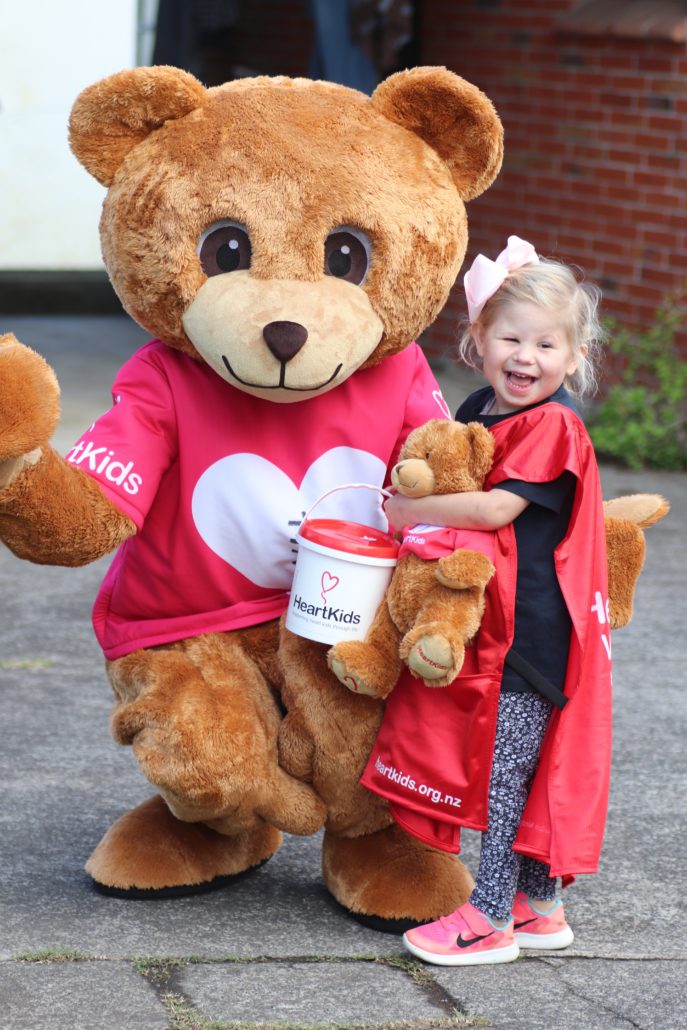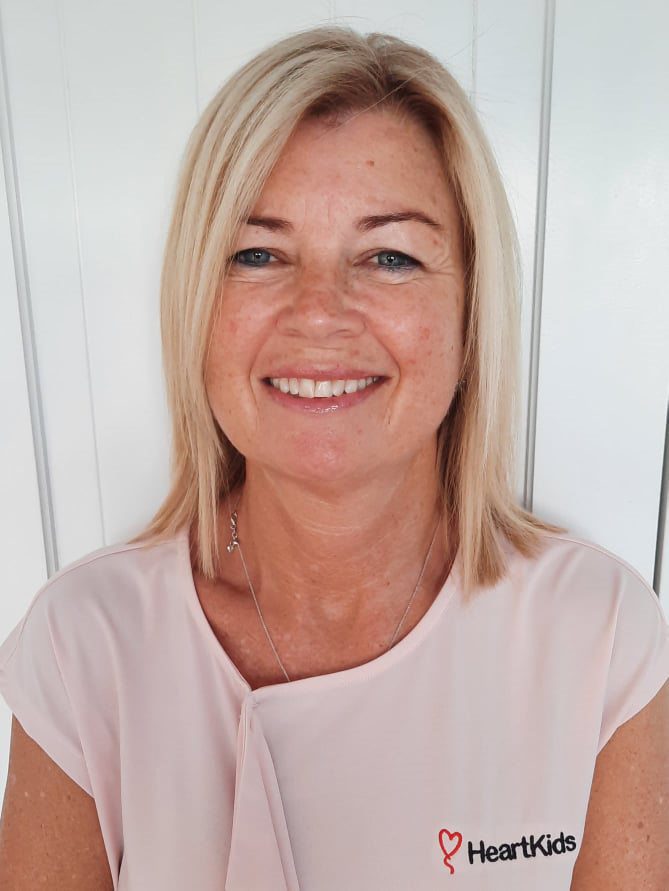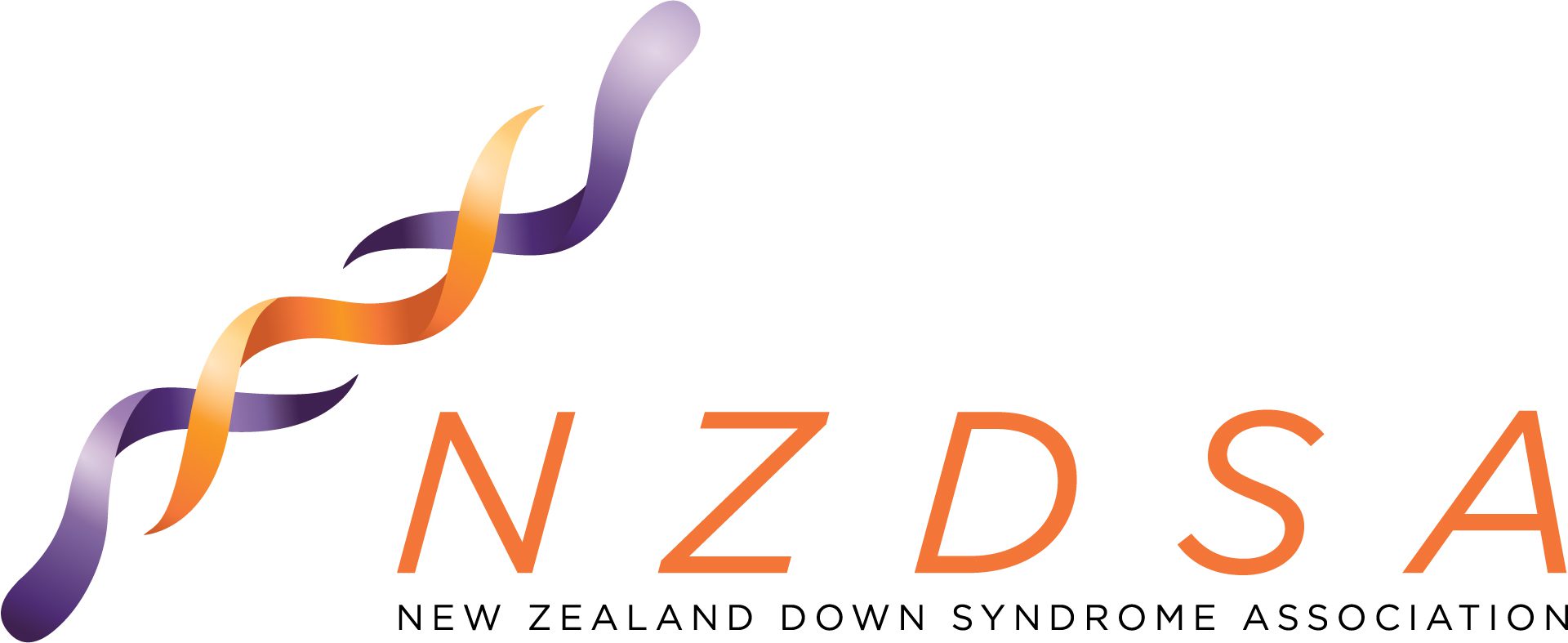About 50% of new-borns with Down syndrome have congenital heart disease. Often, this means surgery while still a baby, but the prognosis in New Zealand is excellent, and the overall risks of this surgery are no different from the general population according to research released last year in the Journal of Congenital Cardiology. We spoke with Ashley Mills, the Hospital Family Support Co-ordinator for Heart Kids NZ, a fantastic charity that supports whānau throughout the country who have children with congenital and acquired childhood heart conditions, to find out more about their work and heart conditions. Their website is www.heartkids.org.nz Many NZDSA members know first-hand the amazing work that Heart Kids NZ undertakes every day to ease a challenging journey.
Where can babies receive heart surgery in New Zealand?
Starship Hospital is the only place in Aotearoa that does cardiac surgery on babies.
What professionals are usually involved in a paediatric heart surgery?
Paediatric cardiologists, surgeons, nurses, anaesthetists, radiologists and possibly some others depending on the circumstances.
Is there more than one kind of heart surgery?
Yes, there are lots of different types. There is open-heart surgery, where the chest is opened and the patient goes onto bypass, and there are other types of heart surgery and cardiac procedures that don’t require open-heart that can be done by cardiac catheterisation.
Your baby having surgery is of course a scary and stressful time for whānau – how do Heart Kids work with families around this time?
We connect with families in the community and/or the hospital, we are there to listen, to inform, to support, to walk alongside them whatever their needs are at the time.
This may mean a home visit before the surgery to help families prepare – with information, practical, emotional, and at times financial support. Or it could be a phone call, or it may mean visits from a hospital Family Support Taituarā (FST) on the wards in Starship who will connect, provide emotional and practical support, provide information, and be a friendly face who can listen and spend time if needed. We take into consideration the whole family as well, siblings for example. We can assist to refer to other agencies or support if this is required.
What can a family expect in the weeks following a surgery?
It really differs from family to family. Some are in hospital for many weeks or months before they can go home or transfer to a hospital closer to home, others will make a quick recovery and be home within days or weeks. Emotionally, we continue to support them during this time, and when they are home in the community Heart Kids NZ FSTs engage and offer support and connection in the local community.
 In hospital after open-heart surgery, there is a pathway: time in PICU immediately after surgery where they will be constantly monitored, the parent cannot stay overnight, then, when ready and stable, they are moved to Ward23 B to the intensive observation room (IOA) and the parent will still sleep elsewhere. Many medical procedures will happen over this time, baby may do well one day then have a setback another, re-establishing feeding can be problematic and take time, sometimes another surgery is needed, other times they progress straightforwardly, move to a single room where the parent can room in and then baby will eventually recover and go home. Families from out of town will sometimes be without their other children or have limited support from a second parent during this time, depending on their circumstances, and COVID-19, so are often quite alone which can be stressful and exhausting. Once they do go home the situation will vary, some can get back to a “normal” life pretty much straight away and others will have longer-term things that need managing.
In hospital after open-heart surgery, there is a pathway: time in PICU immediately after surgery where they will be constantly monitored, the parent cannot stay overnight, then, when ready and stable, they are moved to Ward23 B to the intensive observation room (IOA) and the parent will still sleep elsewhere. Many medical procedures will happen over this time, baby may do well one day then have a setback another, re-establishing feeding can be problematic and take time, sometimes another surgery is needed, other times they progress straightforwardly, move to a single room where the parent can room in and then baby will eventually recover and go home. Families from out of town will sometimes be without their other children or have limited support from a second parent during this time, depending on their circumstances, and COVID-19, so are often quite alone which can be stressful and exhausting. Once they do go home the situation will vary, some can get back to a “normal” life pretty much straight away and others will have longer-term things that need managing.
There will be follow-up appointments, periods of rest and possible isolation, but depending on the surgery and procedure timing will be different for every family.
What can they expect longer-term – do most babies make a full recovery?
Again it really differs from child to child, depending on the Congential Heart Defect (CHD), what surgeons are able to do and a whole raft of other factors. CHD can never be “fixed” but after some repair surgery e.g. coartation of the aorta or a VSD or ASD closure, many will live a full and normal life with only occasional cardiac check-ups needed or even be eventually discharged from Cardiology services if it’s deemed they no longer require follow up.
Many others will need continual regular monitoring. They may require further surgeries as they get older, others may have frequent check-ups, regular Cardiac Catheter procedures and other interventions to tweak previous surgery or deal with ongoing changes caused by the CHD such as valves repaired or replaced, arteries ballooned, or pacemakers put in. This may require further trips to Auckland. Some will go years before needing follow up and never need any other intervention. Feeding and trying to gain weight can be an ongoing issue when home awaiting the next surgery. Cardiac babies may get complications if they get something like a cold so this can impact on the family and how isolated they may need to be. I can say that many of them, despite their condition, live life to the fullest and have resilience and attitude that sees them get the most from life!

What is some good advice for parents expecting heart surgery for their little one?
Ask all the questions that you need answers to in order to make yourself feel comfortable – this will vary from parent to parent. Be prepared that things will change and change again, that it’s not always possible to have all the answers beforehand, plans and schedules can change, and taking it day by day is the only way to do it.
Be reassured that we have amazing, dedicated, world-class surgeons in Starship Hospital, and that everyone involved in the team will do their absolute best for your baby.
Ask your friends and whānau for support – and accept it – it can be a long road ahead for some and having support in place can ease some of the stress.
Do you have a number one recommendation for something to bring into the hospital?
Something of comfort for your child like a favourite toy or blanket (or device they can look at in bed to distract).
What other types of support can Heart Kids provide?
All kinds of things! We offer camps, forums, connections in the community with other heart families, education, advocacy, bereavement support, and antenatal support. Our website is a great place for families to find more information, resources, connections, news and heart stories from across Aotearoa:
www.heartkids.org.nz
Reference:
Delany, D.R., Gaydos, S.S., Romeo, D.A. et al. Down syndrome and congenital heart disease: perioperative planning and management. J Congenit Heart Dis 5, 7 (2021).

